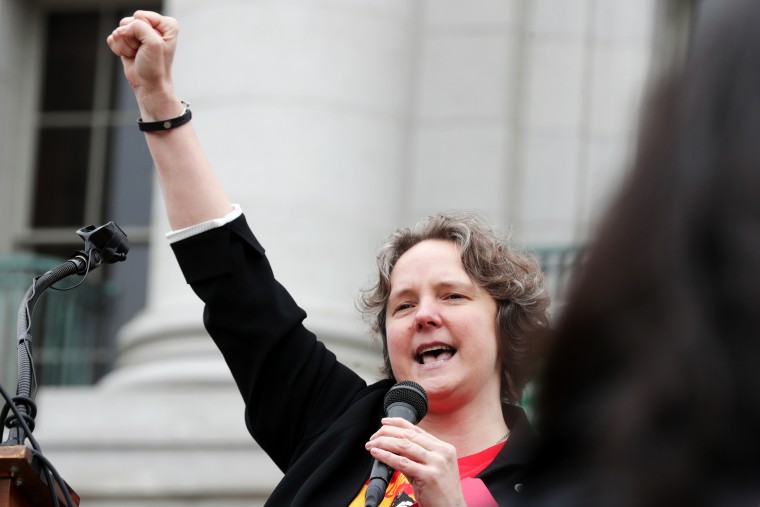The initiative to provide direct cash assistance to residents as a means to alleviate poverty and address economic disparities is gaining momentum across various cities in the United States. These programs aim to offer a safety net for individuals facing financial hardships, especially in the wake of the COVID-19 pandemic that exacerbated existing inequalities.
One of the key proponents of these cash assistance programs is the belief in the effectiveness of direct cash transfers in addressing poverty. By providing individuals with financial resources, they are empowered to make decisions based on their specific needs and circumstances. This approach contrasts with traditional welfare programs that come with strict eligibility criteria and limitations on how funds can be used.
Furthermore, the expansion of these anti-poverty initiatives highlights a shift towards more progressive and compassionate social policies. Instead of stigmatizing individuals who require assistance, these programs offer a dignified way to support those in need. The concept of unconditional cash transfers promotes the idea of trust and empowerment, allowing recipients to prioritize their needs and make choices that are best suited for their well-being.
Moreover, the spread of these cash assistance programs underscores the growing recognition of the structural inequalities that perpetuate poverty. By providing direct financial support, cities acknowledge the systemic barriers that prevent certain individuals and communities from accessing opportunities for economic mobility. Taking a more holistic approach to poverty alleviation, these programs seek to address root causes and create a more equitable society for all residents.
In addition to addressing immediate economic needs, these cash assistance programs have the potential to stimulate local economies and support small businesses. By injecting funds directly into the hands of residents, there is a ripple effect that can boost consumer spending and contribute to overall economic growth. This multiplier effect can help revitalize communities and create a more resilient local economy.
Overall, the expansion of free cash programs in various cities represents a progressive step towards tackling poverty and promoting economic justice. By prioritizing direct financial assistance and empowering individuals to make decisions for themselves, these initiatives embody a more compassionate and inclusive approach to social welfare. As more cities embrace these anti-poverty programs, there is hope for a future where economic security is accessible to all, regardless of social and economic background.

